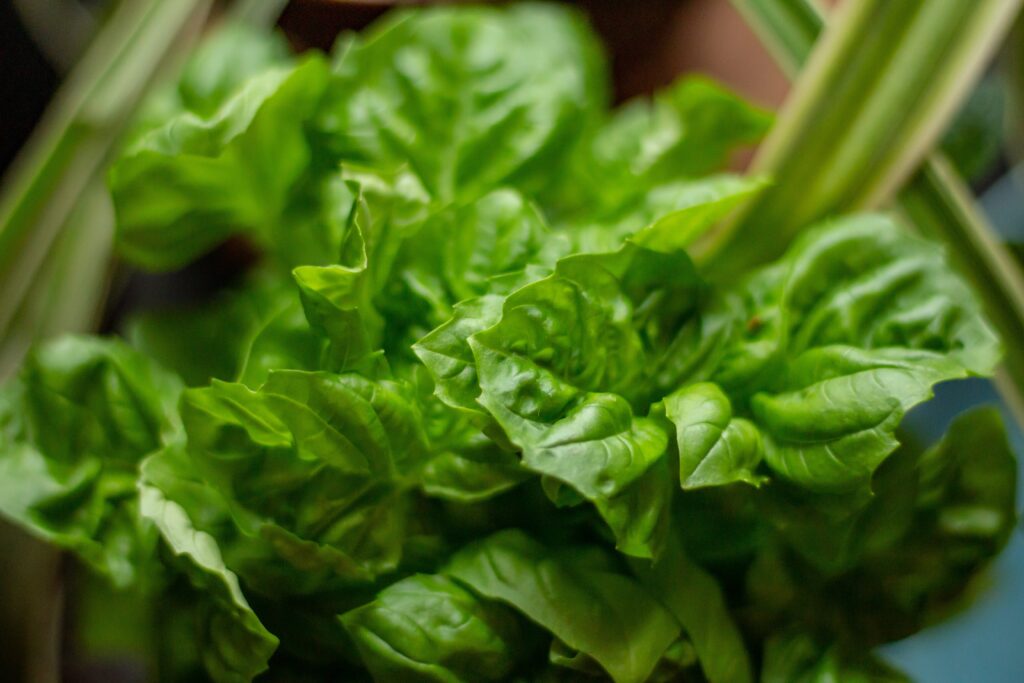
Ordering fresh bulk herbs for distribution can be a challenge. You need to have a good understanding of what today’s shoppers are looking for, both in terms of products that are available and sought out seasonally as well as how much of each to keep in stock. In addition, you need to understand what your particular customer base prefers.
Here are a few things food distributors should know about conventional and organic products:
What is the difference between organic and conventional growing methods?
First, it’s important to understand how things are done differently in each growing process. Greenworld works with both organic and conventional growers. Conventionally grown herbs can involve the use of pesticides, herbicides, and fertilizers. Organic growers use natural remedies like animal pheromones or traps for pests, soil management practices to eliminate weeds, and natural compost for soil improvement and plant nutrition. Conventionally grown produce is monitored BY FDA and certified as food safe by a 3rd party recognized and accredited in the United States, such as Primus or Global Gap. Organically grown produce must have additional certifications from a 3RD party recognized by the U.S.D.A., and must be certified food safe (GFSI) in their packing rooms and fields. These are all qualifications that our growers meet.
Why do shoppers choose to buy organic herbs?
Due to more challenging growing practices and rigorous standards, organic bulk herbs tend to cost more than conventional ones. However, we know many customers still look for the U.S.D.A. Organic label and choose to pay a higher price in order to contribute to a cleaner, healthier lifestyle.
There are a few main reasons why customers choose organic bulk herbs. The first is that some people believe organic products to be healthier, containing more nutrients and fewer harmful chemicals. To that end, some chefs and home cooks also contend that organic herbs simply taste better. In addition, organic growers raise their crops in a way that is friendly to the environment, and today’s customers are often concerned with the environmental impact of their purchases.
How much demand exists for organic herbs?
Organic produce has a projected growth rate of 9% between 2019-2024, and North America has the greatest demand for organically grown products like bulk herbs. However, some studies show that wholesalers tend to buy conventional herbs exclusively, while many stores stock both organic and conventional produce. Experts in the wholesale and food distribution industries recommend that buyers purchase both organic and conventional bulk herbs and track how each type performs over many months before deciding to keep only one on hand.
Do you need more help deciding whether to stock bulk organic or conventional herbs? Contact us today to learn more about your options!